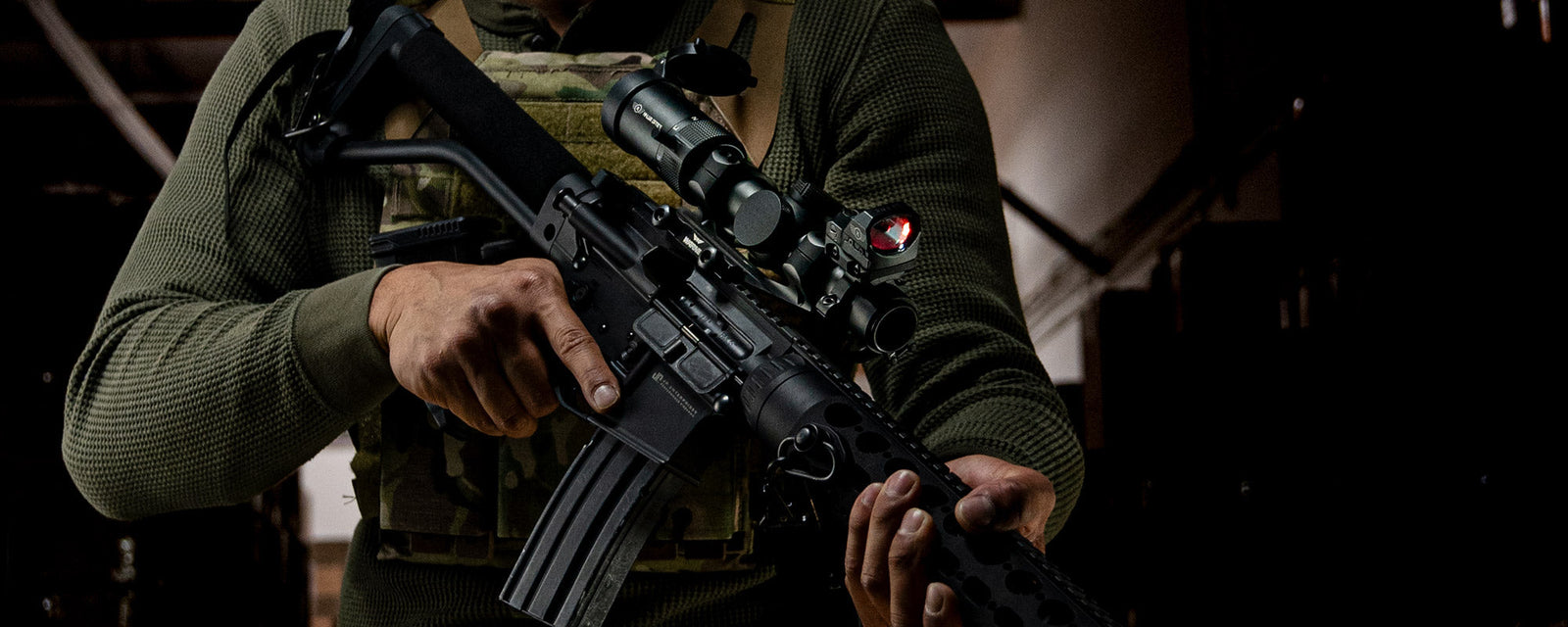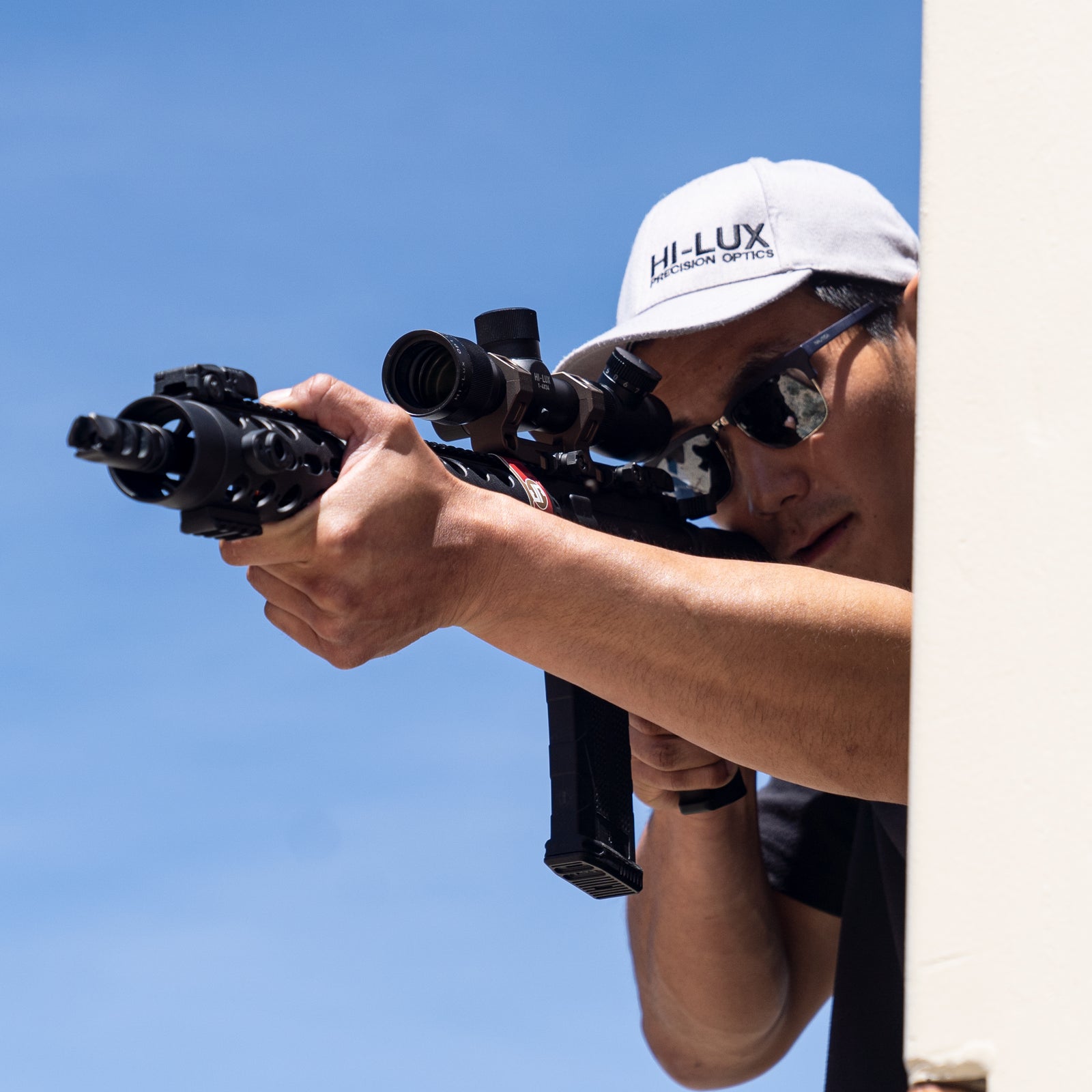When I do research for episodes and articles, I like to dig into the original source material. Newspapers, journals, photographs, anything from the time period I happen to be looking into. Every so often, I’ll come across an old article that seems far too interesting to just leave behind. I’ve gathered up a few segments here that never made it into a podcast episode, though they may at some point in the future.
I hope you enjoy this rather unusual collection of stories, mostly from the 1800s.
From a letter by British officer Joseph Graham, in November of 1781, recounting a conversation with Daniel Morgan;
“I saw that they were led by an officer on a grey horse - a devilish brave fellow; so, when we took the height a second time, says I to one of my best shots, says I, you get up into that there tree, and single out him on the white horse. Dang it, ‘twas no sooner said than done. On came the British again, with the grey horseman leading; but his career was short enough this time. I jist tuck my eyes off him for a moment, when I turned them to the place where he had been - pooh, he was gone!”
From “The Anderson Intelligencer,” in April of 1906, in an article titled, “Daring Deeds of a Scout.” This story offers recollections of 1861 and 1862, so it will be placed here out of publication order.
“On short notice T. reported to brigade headquarters and from there he was sent to corps headquarters. He was put on what we call the army detached service, and was made a special sharpshooter and given a Whitsworth’s rifle, one of the finest long range guns that we had. It also had a globe sight. Now, with this globe sight a man could take as accurate a sight at a half mile as he could with the naked eye at a distance of 75 yards. With the aid of a graded guide sight and a certain number cartridge a good marksman could hit the bull’s eye at 800 yards.
Now to give some idea what a sharpshooter with one of these guns could do. While we were in line of battle not far from Spottsylvania, our videttes were in a body of woods on one side of a field and the federal videttes were in a field of woods on the other side at a distance of 700 or 800 yards. A sharpshooter on our side noticed a Yankee officer in the woods on the other side with his field glasses, going from one point to another, examining our line. He came to the nearest point to this sharpshooter, took a position behind a large tree, adjusted his glasses, with his shoulder resting against the tree and his head stuck out looking at us. The sharpshooter took aim at his head and fired, striking him and killing him. Tom Payslinger, who was an Independent scout in the yankee lines, that night brought the news that one of our sharpshooters had killed General Sedgwick, a Major General commanding a corps out on the vidette lines that evening.”
From The Journal (of New York) in January of 1896, in the article titled, “The Whole World Endangered by New York City Scientists; Deadly germs in incredible numbers carefully cultivated in local laboratories.”
“There might be also a section of sharpshooters who would try, when in action, to form a semicircle about the enemy. Each sharpshooter should be armed with a bacteria breech-loading rapid-fire rifle, each chamber of which should contain an explosive cartridge filled with a species of germ unlike the others. Thus, when the sharpshooter would hear the order, ‘commence firing!’ he would pump microbes and bacilli into the enemy’s ranks something like this: ‘Cholera, smallpox, yellow jack, typhus, hydrophobia, consumption, disphertia, granular lida, pneumonia, etc.’ through the entire practice of medicine.
… Of course, the bacteriological corps would have its bad features. Any private who had a grudge against his commanding officer might easily inoculate him with malignant dropsy or hydrophobia or some such pleasant ailment. The effect on discipline would be most distressing…
Another danger would exist in the fact that it would probably be impossible to prevent germs from flying back and killing the men who started them out to kill their enemies. Microbe warfare thus might be a boomerang. But, at any rate, it would stop war. It would kill all the fighters.”
From “The Morning Times,” January 3rd, 1897, an article titled “No Sea Girt Team.”
“The association has another object in view. It is the intention to make the range here of a national character. Congress will be asked this session to appropriate $5000, to be expended under the direction of the National Rifle Association. It is to be used to encourage interstate rifle competition. It is agreed that in no other place in the country could a national range be so well established as here. With $5000 to appear as prizes it is thought that a number of teams from various States could be secured.
The certainty of camp in June, too, makes it almost an impossibility for a brigade team to go to Sea Girt. It could be sent, of course, but it would be by tight squeezing.”
From the Iola Register, in March of 1899, in an article titled, “A Thrilling Tale.”
“I came near getting plugged that afternoon by a sharpshooter. I was looking over our works trying to locate a sharpshooter who had been giving us lots of trouble when my companion hollered “duck” and quick as a flash I dropped my head down behind the wall when a bullet came over where my head had been and hit the ground just behind me. He had seen the flash and saved me.”
This segment is from “The English Review,” dated September of 1920, in an article titled, “British Snipers; An Account of the Training and Organization of Snipers in the British Armies in France.”
“... But we had no snipers, men specially selected and trained to find small and indistinct targets, to shoot at them on their own individual initiative and be sure to kill at the first shot.
When both sides settled down to trench warfare, the Boche sniper showed the value of his special training. Often behind his trench line as well as in it, and from cunningly constructed and concealed posts, he kept a vigilant watch on our lines. He picked off sentries and observers, who carelessly or sometimes unavoidably exposed themselves.
Many officers were picked off when carrying out the dangerous but essential duty of making a daylight reconnaissance until at least the Boche sniper dominated our trenches and No Man’s Land so effectively that it became urgently necessary to take steps to deal with him.
At first this form of warfare appealed most strongly to those battalions which possessed keen hunters amongst officers and men. That is why snipers were first organized most effectively in the Canadian and Highland regiments.”
And I’d like to finish up with another direct quote, as is tradition. This detailed less the duties and goings-on in the world of sharpshooters, but was of a more personal nature. From the “Daily Union,” in November of 1848:
“The Walker Sharpshooters respectfully announce that their first Annual Ball will be given at Odd Fellow’s Hall, on Monday evening, the 18th December. The company in this their first effort earnestly solicit the presence and co-operation of their friends and of the citizens generally, assuring them that no pains or expense shall be spared to make the entertainment in all respects agreeable, and such as to merit the commendation of the public.
Tickets $1, admitting a gentleman and two ladies.”
A follow-up article some time later states,
“... The Walker Sharpshooters attracted to Odd Fellow’s Hall… probably the largest assemblage of ladies and gentlemen that capacious saloon has ever contained on a similar occasion, (not less than eight hundred persons being present.)... The estimation in which the Sharpshooters are held by the residents of the Northern Liberties (where they were organized) was fully displayed by their attendance; so much so as to almost justify the remark that the ladies of that section were present en masse. On the whole, the company have just reason to be proud of the marked success…”
--
We hope you’ve enjoyed this look into the world of firearms. If you’d like to view this in a different format, it’s available in other convenient locations. If you’d like to hear the podcast, you can find it at The Bullet:In. For the video version, take a peek on our YouTube.
And for other fantastical stories, be sure to check out:





Leave a comment (all fields required)